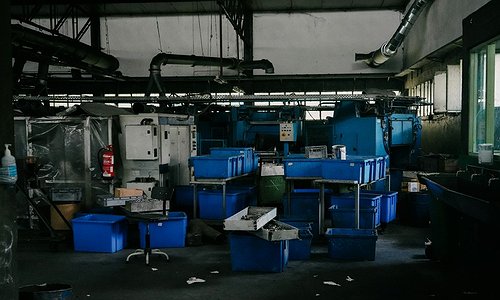Should you invest in SPAR's gourmet vision?
High-net-worth individuals (HNWIs) and investors
The SPAR gourmet vision
SPAR plans to roll out approximately 30 to 40 SPAR Gourmet stores, with the inaugural outlet slated to open in the fourth quarter of this year. These stores will be strategically located in upscale residential and urban neighbourhoods, targeting consumers within the level 7 to 10 Socio-Economic Measures (SEM) group - essentially, South Africa's wealthier demographic.
The product offering will focus on premium food solutions, specialty coffee, artisanal bakery items, and indulgent products, all curated to meet the discerning tastes of high-end shoppers. This initiative is part of SPAR's broader market segmentation strategy, which also includes the revamping of its discount chain, SaveMor, to strengthen its position in the competitive discount grocery sector.
Financial performance and strategic shifts
SPAR's recent financial performance has been a mixed bag. The company reported an 11.1% increase in annual profit, with headline earnings per share rising to 917.9 cents for the year ending September 30, up from 826.0 cents the previous year. However, challenges such as the botched SAP integration and underperforming European acquisitions, particularly in Poland, have impacted overall profitability. The sale of its loss-making Polish business to local retailer Specjal for 185 million rand ($10 million) marked a big step in refocusing on more profitable ventures.
A competitive arena
The high-end grocery market in South Africa is currently dominated by Woolworths, renowned for its premium food offerings, followed by Shoprite's Checkers chain, which has been upping its game to attract more affluent customers. SPAR's entry into this segment with SPAR Gourmet signifies a direct challenge to these incumbents. By leveraging its extensive network and brand recognition, SPAR aims to carve out a substantial share of the premium market.
Investment prospects
For investors, SPAR's venture into the high-end grocery sector presents both opportunities and risks. The premium segment typically offers higher margins, which could boost SPAR's profitability if executed successfully. However, entering a market with well-entrenched competitors requires major investment in store aesthetics, product quality, and marketing to differentiate the SPAR Gourmet brand. Then, the broader economic context cannot be ignored. South Africa's economic growth has been sluggish, with the government recently cutting its growth target to 1.1% from the previously projected 1.3%, citing ongoing economic challenges. This economic backdrop could influence consumer spending patterns, even among the affluent, potentially impacting the success of premium retail ventures.
Final Thoughts
SPAR's strategic move to launch SPAR Gourmet stores represents a bold attempt to diversify its market presence and tap into the lucrative high-end grocery sector. While the potential for higher margins is enticing, the company must stake a claim in a competitive arena and face broader economic headwinds to ensure the success of this initiative. Investors should monitor the rollout of SPAR Gourmet closely, assessing its performance against established players and considering the economic environment's impact on consumer behaviour.




